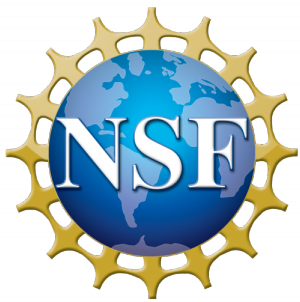February 1st, 2011 | RESEARCH
This report highlights advances in neuroscience with potential implications for education and lifelong learning. The report authors, including neuroscientists, cognitive psychologists and education specialists, agree that if applied properly, the impacts of neuroscience could be highly beneficial in schools and beyond. The report argues that our growing understanding of how we learn should play a much greater role in education policy and should also feature in teacher training. The report also discusses the challenges and limitations of applying neuroscience in the classroom and in learning environments throughout life.
Document
(no document provided)
Team Members
The Royal Society, Author, The Royal SocietyUta Frith, Project Manager, University College, London
Citation
Identifier Type: doi
Identifier: 978-0-85403-880-0
Related URLs
Tags
Audience: Educators | Teachers | General Public | Museum | ISE Professionals | Scientists
Discipline: Education and learning science | General STEM | Health and medicine | Life science
Resource Type: Reference Materials | Report
Environment Type: Informal | Formal Connections | K-12 Programs | Media and Technology | Public Programs

